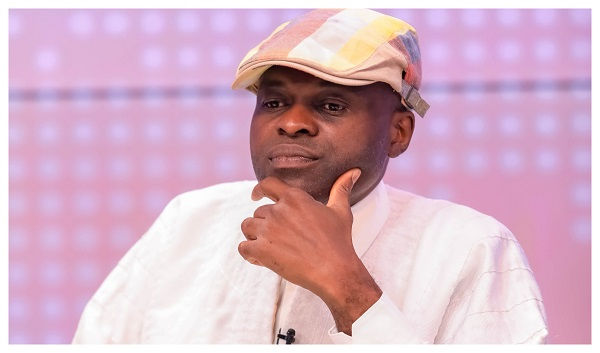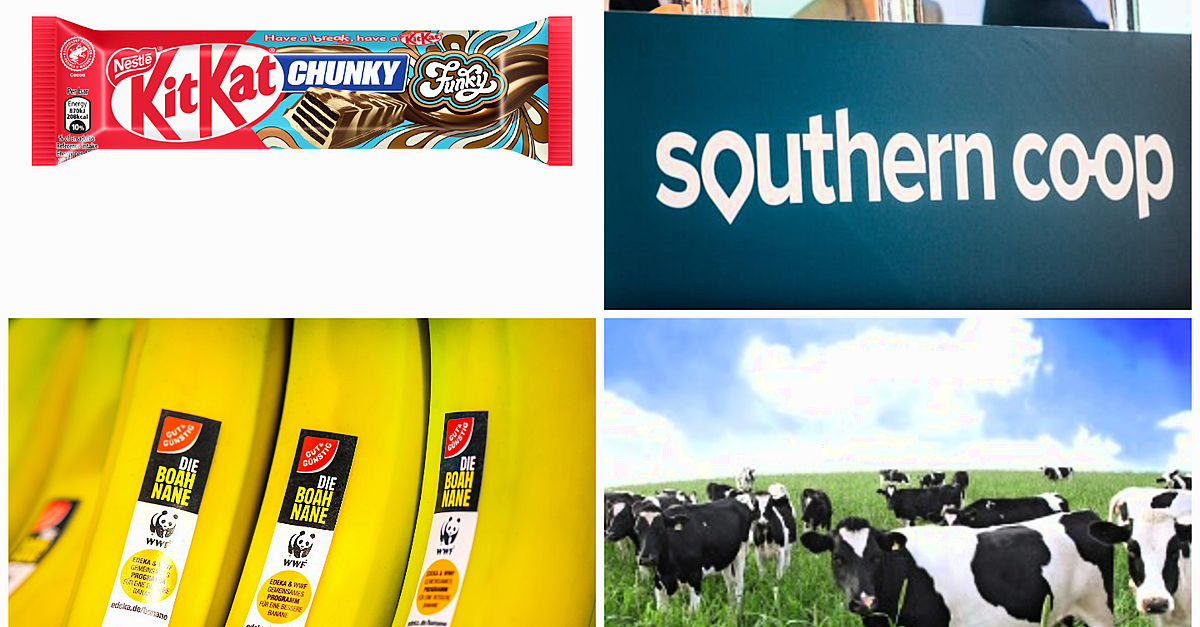An award-winning customer classification project utilising generative artificial intelligence (GenAI), enhanced network safety, improved financial governance, and supporting the transition to renewable gases on the network. These are just a few of the ways in which Gas Networks Ireland is harnessing the power of data and GenAI to unlock business insights and drive innovation.
Last year, the organisation’s data competency centre (DCC), led by head of data and analytics Alan Grainger, won the prestigious AI Project of the Year award at the 2024 Analytics and AI Awards. The project utilised GenAI to tackle a long-standing business challenge – the accurate classification of more than 30,000 commercial gas customers across Ireland.
“A business customer’s classification, eg brewery, hospital, supermarket, is set when they sign up with an energy provider,” Grainger explains.
“In many cases and over time, the customer data we received had been misclassified or not classified at all, limiting the ability to extract meaningful insights. We knew there was untapped potential in our customer data, but the lack of reliable classification made it challenging to engage effectively with specific sectors – particularly those with strong potential for renewable biomethane gas adoption. That’s what made the GenAI project such a game-changer.”
The challenge had persisted for many years without a cost-effective solution, he adds. “Three years ago, we wouldn’t have been having this conversation at all, but ChatGPT woke us all up. It opened our eyes to new possibilities and we decided to test the potential of GenAI and large language models [LLMs] with a real-world business problem. We worked with a trusted partner and time-boxed the project to six weeks. In reality, it took just four weeks to complete, and we now have all 30,000 business customers classified to 99+ per cent accuracy.”
The project combined structured and unstructured data with a private instance of ChatGPT-4 using a series of intelligent internet searches and prompts to build a classification profile for each business. “For example, if the system found references to Leaving Cert exams, teacher listings and subjects on the curriculum, it would classify the business as a secondary school,” he explains.
“Pre-GenAI, we would have needed a large team working over months, if not years, to classify this data.” Grainger adds. “Buying access to a third-party industry database was another option, but it would have been far more expensive and may not have given us the same level of accuracy or control.”
The project has revolutionised how Gas Networks Ireland understands and serves its customer base. “The project proved that GenAI can solve real world business problems, even in safety critical environments like ours,” says Grainger. “We didn’t simply clean up legacy data, we unlocked new insights that enhance our approach to everything from customer engagement to strategic planning.”
One of the most impactful applications of data has been in the area of operational safety. Through close collaboration with the asset operations team, the DCC team has delivered a range of data-driven tools to improve safety outcomes
The classified data is now fully integrated into Gas Networks Ireland’s data warehouse and reporting systems. Customer-facing teams use it to target sustainability conversations especially around the roll-out of biomethane, a key pillar in Ireland’s energy transition. It also supports regulatory reporting and strengthens alignment with national climate-action targets.
“We were delighted with the success of this ambitious project and the outcomes exceeded expectations. It’s been a real turning point for how we think about data, insight and innovation. We were really proud when we won the AI Project of the Year award. It was a real milestone for the DCC team and Gas Networks Ireland as a whole. It showed what’s possible when we take a bold but responsible approach to new technology, and it was a clear demonstration of innovation in practice.”
Grainger established the DCC in 2022 and since then his focus has been on enabling Gas Networks Ireland to transform from a traditional engineering led utility to a digitally empowered, data-driven organisation. Data is now seen as a strategic asset central to how Gas Networks Ireland operates today, how it will grow tomorrow, and how it will prepare Ireland’s gas network for a secure, decarbonised future.
“We’ve been on a data maturity journey since 2022 when we established the data competency centre,” he says. “Before that, data tended to be viewed primarily as a byproduct of our business processes, rather than a strategic asset. Since then, we have moved the data maturity dial significantly and become a much more data-driven organisation.”
Data now touches every part of the business, from operational performance, gas safety and customer insight to fraud prevention, cyber resilience and long-term network planning.
One of the most impactful applications of data has been in the area of operational safety. Through close collaboration with the asset operations team, the DCC team has delivered a range of data-driven tools to improve safety outcomes.

“We have a 60-minute SLA for responding to emergency call-outs and we achieve this 99.7 per cent of the time,” Grainger points out. “We have been able to use visual analytics to monitor and map emergency calls over a number of years. We use this to spot anomalies and examine why incidents are recurring in certain places. We have been able to use this to rebalance resources to where they are most needed. We can also use it for predictive analysis to prevent incidents before they occur.”
Also in the area of safety, the organisation operates regular helicopter flyovers of the network to ensure it is safe and secure. “That activity comes with a considerable carbon footprint,” he notes. “We are now exploring the use of satellite imagery and applying data analytics to that to perform the same task.”
“Our attitude has been to build it, and they will come,” he continues. “Now we almost can’t keep up with demand for new uses for data in the organisation. For example, our asset operations team started with a single project on meter-reading analysis and has since benefited from over a dozen high-impact use cases.”
Looking ahead, he points out that Gas Networks Ireland is already preparing its data architecture to support biomethane and hydrogen integration as it continues on its decarbonisation journey. “As more entry points from biomethane producers and others feed into the network, the complexity of calorific value calculations of different types of gas will increase. We are already building the data models and systems needed to manage this.”
Other advanced uses of AI and analytics being explored include the application of image recognition to gas meter photos to spot corrosion, safety risks or fraud, and the future need for modelling integrated energy system patterns and flows in collaboration with electricity operators such as EirGrid and ESB.
For Grainger, innovation isn’t about adopting technology for its own sake – it’s about using data intelligently to drive better decisions and outcomes. At the heart of this evolution are people: those with the insight to interpret data and the conviction to act. In a decarbonising world, the most resilient energy systems will be led by purpose and powered by intelligence.












